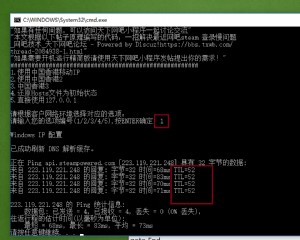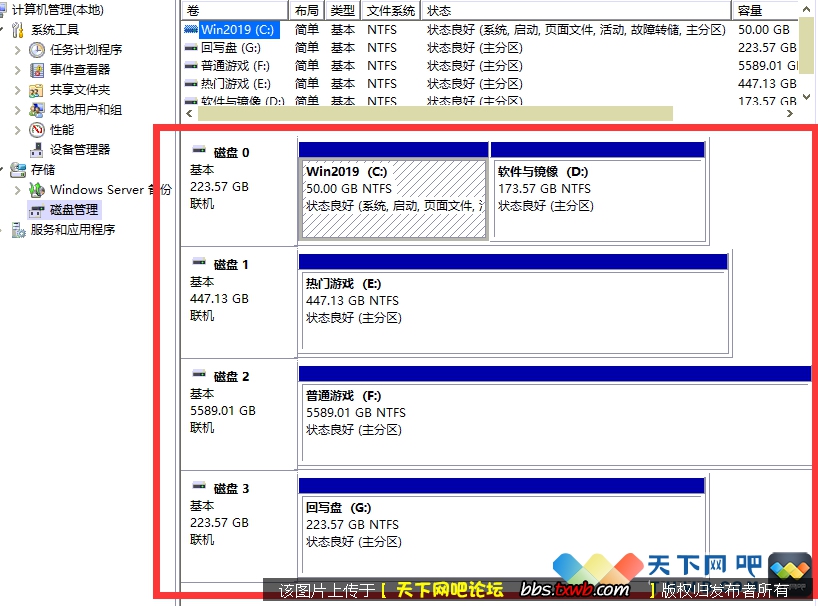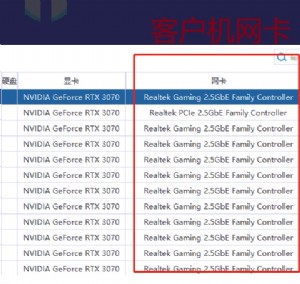轻松使用C++深入研究.NET委托与事件设计
简介
类型安全机制的实现原来采用的是C风格的回调(callback)函数,而.NET Framework引入了委托和事件来替代原来的方式;它们被广泛地使用。我们在这里尝试使用标准C++来实现与之类似的功能,这样我们不但可以对这些概念有一个更好的认识,而且同时还能够体验C++的一些有趣的技术。
美女啦啦队招募中 纵情享受人生第一乐趣
新浪招商引资征代理商 上网实用手册
C#中的委托与事件关键字
首先我们来看一个简单的C#程序(下面的代码略有删节)。执行程序的输出结果如下显示:
SimpleDelegateFunction called from Ob1,
string=Event fired!
Event fired!(Ob1): 3:49:46 PM on
Friday, May 10, 2002
Event fired!(Ob1): 1056318417
SimpleDelegateFunction called from Ob2,
string=Event fired!
Event fired!(Ob2): 3:49:46 PM on
Friday, May 10, 2002
Event fired!(Ob2): 1056318417
所有这些都源于这样一行代码:dae.FirePrintString("Event fired!");
在利用C++来实现这些功能时,我模仿了C#的语法并完全按照功能的要求进行开发。
namespace DelegatesAndEvents
{
class DelegatesAndEvents
{
public delegate void PrintString(string s);
public event PrintString MyPrintString;
public void FirePrintString(string s)
{
if (MyPrintString != null)MyPrintString(s);
}
}
class TestDelegatesAndEvents
{
[STAThread]
static void Main(string[] args)
{
DelegatesAndEvents dae =new DelegatesAndEvents();
MyDelegates d = new MyDelegates();
d.Name = "Ob1";
dae.MyPrintString +=new DelegatesAndEvents.PrintString(d.SimpleDelegateFunction);
// ... more code similar to the
// above few lines ...
dae.FirePrintString("Event fired!");
}
}
class MyDelegates
{
// ... "Name" property omitted...
public void SimpleDelegateFunction(string s)
{
Console.WriteLine("SimpleDelegateFunction called from {0}, string={1}", m_name, s);
}
// ... more methods ...
}
}
C++中的类型安全函数指针
对于“老式方法”的批判之一便是它们不是类型安全的[1]。下面的代码证明了这个观点:
typedef size_t (*FUNC)(const char*);
美女啦啦队招募中 纵情享受人生第一乐趣
新浪招商引资征代理商 上网实用手册
void printSize(const char* str) {
FUNC f = strlen;
(void) printf("%s is %ld chars\n", str, f(str));
}
void crashAndBurn(const char* str) {
FUNC f = reinterpret_cast<FUNC>(strcat);
f(str);
}
代码在[2]中可以找到。当然,在你使用reinterpret_cast的时候,你可能会遇到麻烦。如果你将强制转换(cast)去掉,C++编译器将报错,而相对来说更为安全的static_cast也不能够完成转换。这个例子也有点像比较苹果和橙子,因为在C#中万事万物皆对象,而reinterpret_cast就相当于一种解决方式。下面的这个C++程序示例将会采取使用成员函数指针的方法来避免使用reinterpret_cast:
struct Object { };
struct Str : public Object {
size_t Len(const char* str) {
return strlen(str);
}
char* Cat(char* s1, const char* s2) {
return strcat(s1, s2);
}
};
typedef size_t (Object::*FUNC)(const char*);
void printSize(const char* s) {
Str str;
FUNC f = static_cast<FUNC>(&Str::Len);
(void) printf("%s is %ld chars\n", s, (str.*f)(s));
}
void crashAndBurn(const char* s) {
Str str;
FUNC f = static_cast<FUNC>(&Str::Cat);
(str.*f)(s);
}
static_cast运算符将转化Str::Len函数指针,因为Str是由Object派生来的,但是Str::Cat是类型安全的,它不能被转换,因为函数签名是不匹配的。
成员函数指针的工作机制与常规的函数指针是非常相似的;唯一不同(除了更为复杂的语法外)的是你需要一个用来调用成员函数的类的实例。当然,我们也可以使用->*运算符来用指向类实例的指针完成对成员函数的调用。
Str* pStr = new Str();
FUNC f = static_cast<FUNC>(&Str::Len);
(void) printf("%s is %ld chars\n", s, (str->*f)(s));
delete pStr;
只要所有的类是从基类Object派生来的(C#中就是这样),你就可以使用C++来创建类型安全的成员函数指针。
| 欢迎访问最专业的网吧论坛,无盘论坛,网吧经营,网咖管理,网吧专业论坛
https://bbs.txwb.com
关注天下网吧微信/下载天下网吧APP/天下网吧小程序,一起来超精彩
|
本文来源:vczx 作者:佚名





 天下网吧 网吧天下
天下网吧 网吧天下













 闽公网安备35010202000238号
闽公网安备35010202000238号
